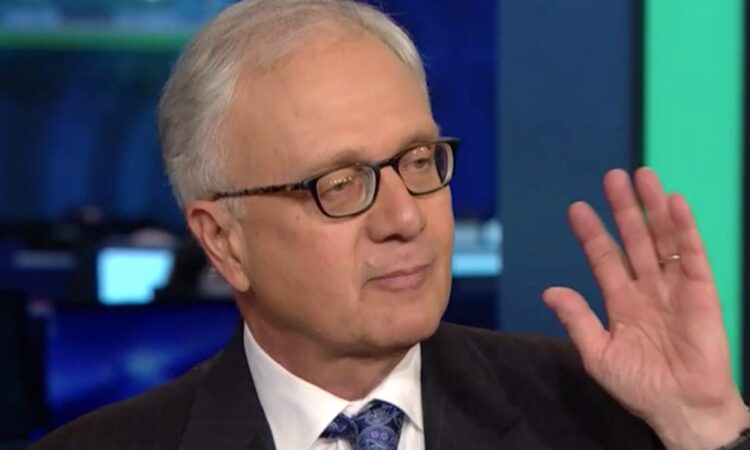
- This stock market has the potential to play out like the party in the 1990s, Ed Yardeni said.
- The rise of AI-hype stocks like Nvidia are giving investors flashbacks of internet-hype stocks like Cisco.
- A tech bubble makes it tricky for the Fed to navigate a soft landing, because if the bubble bursts, it could tip the US into a recession.
There are a bouquet of moments in history to which we can compare today’s stock-market rally. But one market vet says there are more parallels to the 1990s than any other era.
“Instead of a repeat of the inflationary 1970s or a replay of the productivity-led boom of the 1920s, the current decade has the potential to play out like the tech-led stock market party of the 1990s,” Ed Yardeni, longtime investment strategist and president of Yardeni Research, wrote in a recent research note.
The stock market has been partying since it bottomed in October last year — and it’s predominantly been tech stock shimmying up and leading the way. This has happened before: markets rode a wave of internet hype in the late 1990s only to come crashing down when the bubble popped.
Fast forward 30 years, and you have tech stocks like Nvidia that are giving investors flashbacks of the “parabolic ascent” of Cisco, a company whose share price increased eightfold from 1997 to March 2000. In the middle of the internet hype, Cisco was a company manufacturing key equipment for the internet — just like how Nvidia is focused on semiconductors integral to the AI boom.
“[Investors’] exuberance for AI started when OpenAI introduced ChatGPT on November 30, 2022,” Yardeni said. “Since then, Nvidia’s stock is up 252% because it is the leading semiconductor manufacturer of AI chips. It has led the S&P 500 Semiconductor stock price index to a gain of 108% since then.”
This is all massively relevant because the bursting of speculative bubbles can tip economies into recessions. And we have a central bank that is desparately trying to avoid one.
With the Fed is poised to cut interest rates this year, Yardeni said they risk fueling “irrational exuberance,” a phenomenon coined by the Fed chair in the late 90s to explain investor enthusiasm that drives share prices higher than they should be. That’s because there’s a lot of cash sitting on the sidelines, waiting for a signal from the Fed before pouring into financial markets.
“If Powell and his colleagues take a victory lap and celebrate their success at bringing down price inflation without causing a recession by lowering interest rates, they run the risk of fueling asset inflation,” Yardeni wrote. “When that bubble bursts, a recession most likely would ensue.”

